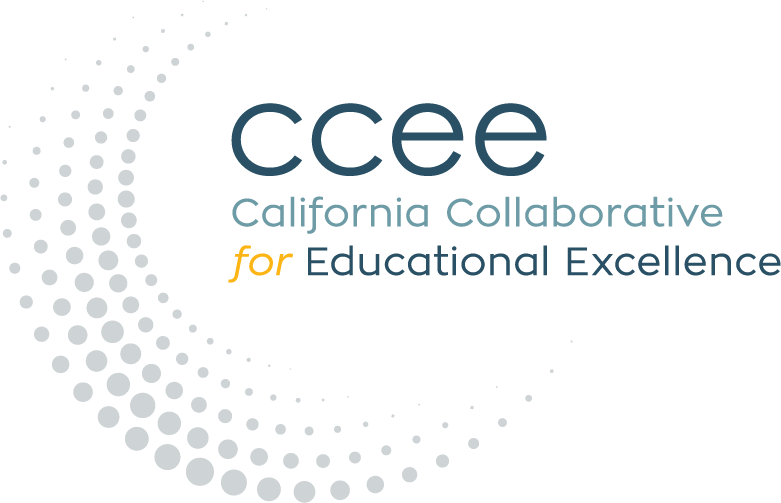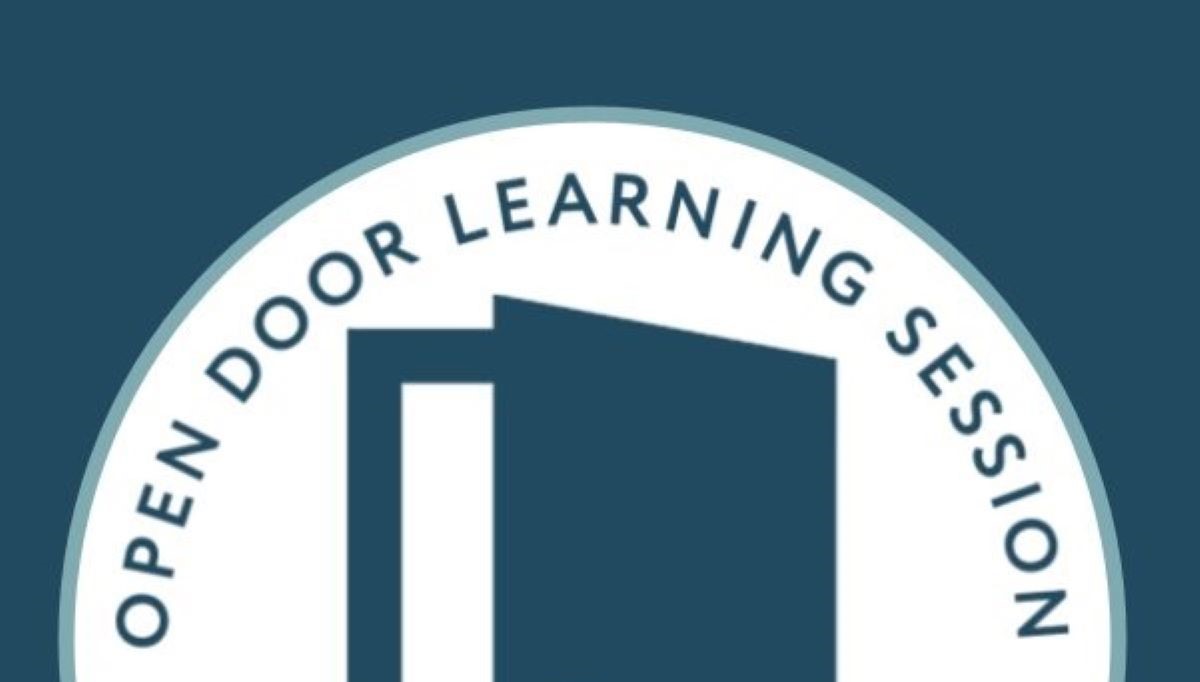DESCRIPTION
In this Open Door session, the San Bernardino County Office of Education (SBCSS) dives into their journey as they tackle the critical challenge of improving student progress tracking in reading and math. Discover how they identified the gaps in their local assessment data and how they initiated the Local Assessment Project to fill this void.
In this session, you will:
– Gain valuable insights into the practical steps taken to create a secure portal providing focused, interactive reports, offering a comprehensive view of student status and growth at various levels – county, region, district, and school.
– Learn firsthand about the strategic collaboration with assessment vendors, resulting in streamlined and user-friendly detailed reports tailored for district use.
– Explore the development of a robust infrastructure capable of collecting, processing, and storing multi-year assessment data from diverse vendors, ensuring accessibility and reliability.
– Hear about SBCSS’ plans for a roadmap, designed to empower other County Offices of Education to replicate this impactful project in their own communities.
PRESENTERS
John Massie – Program Manager
Krystal Ramirez – Data Analyst
SESSION MATERIALS
ARCHIVED VIDEO
RESOURCES







